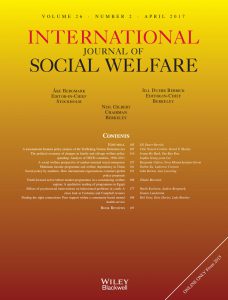Buying Time: Stefano Sgambati’s Sociology of Money, Debt & Finance
Writing for the Guardian’s Comment is Free blog yesterday, David Graeber warned that we may be heading towards yet another crisis of the kind we saw in 2007–08. In his Comment, Graeber takes to task George Osborne’s 2015 Mansion House speech (or rather the logic underpinning it), in which Osborne made a commitment to run a budget surplus in ‘normal times’, much to the consternation of dozens of academic economists. It seems that the utterly misleading and moralizing analogies so...







